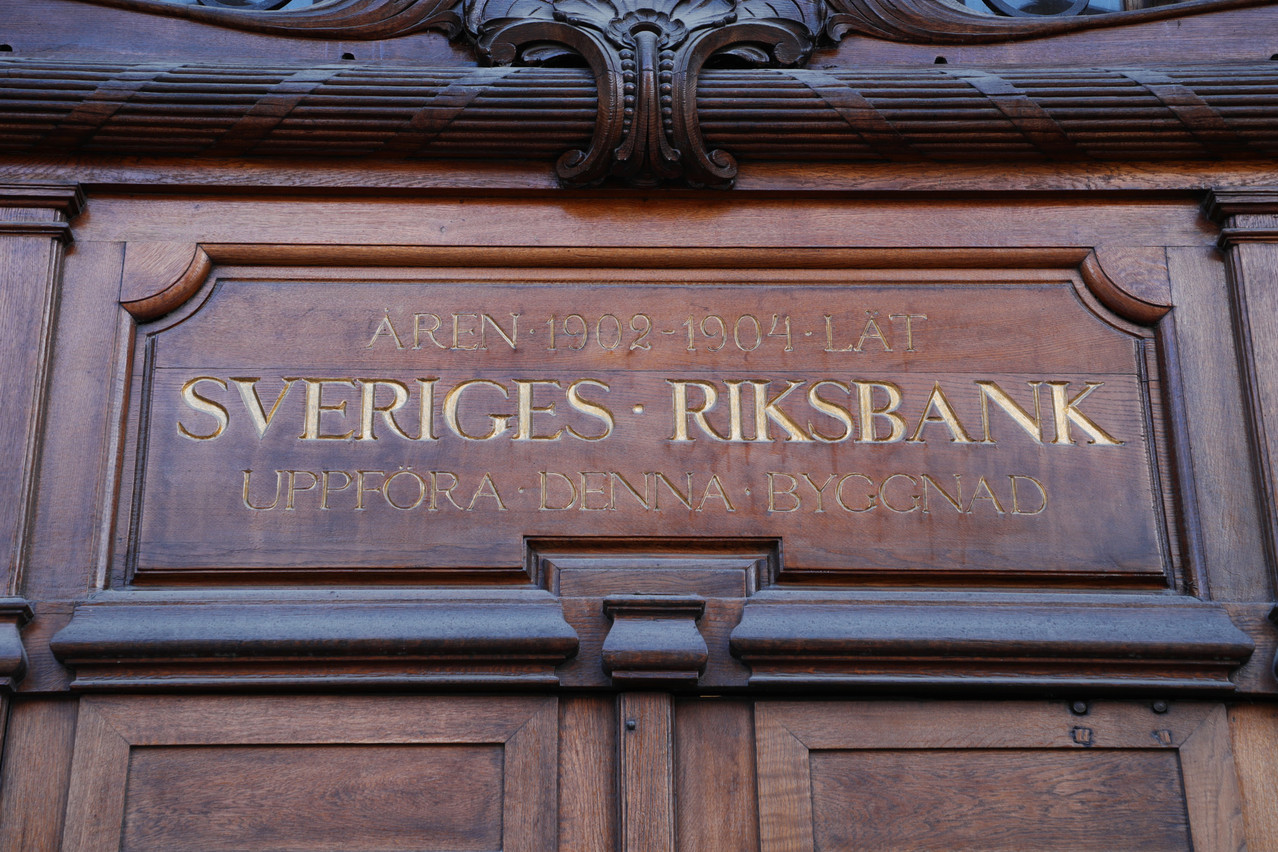Since the last financial crisis in 2007-2008, banks have been in the news on a regular basis. Indeed, more than ever, the credit default swap spreads of the Swiss bank Credit Suisse have revived fears of a Lehman Brothers scenario, which have haunted policymakers and economists for nearly 15 years.
However, the concerns about Credit Suisse demonstrate a change in the markets’ approach. Until 2008, the arrogance of ‘too big to fail’ had blinded US authorities to the urgency of bailing out banks threatened with closure. Today, even with a market capitalisation of CHF 11.64bn, Credit Suisse is attracting investor attention because of its systemic importance in its home market. And since we have had plenty of time to learn from crises that markets are interconnected, it is only natural that some people are concerned about the worst-case scenario.
Sometimes courted, sometimes hated, the question of the role of banks is far from binary. The Sveriges Riksbank, which on 10 October awarded the Nobel prize for economics to Ben Bernanke, former head of the Fed, and economists Douglas Diamond and Philip Dybvig for their work on the role of banks during crises, is a good illustration of this. While banks had long had the potential for devastating fragility in the economy, the Nobel committee concluded that the work of the three economists proved crucial in enabling banks, governments and international organisations to weather the global health crisis without catastrophic economic consequences.
Read also
Banks’ vulnerabilities
Indeed, today’s banks are not the same as they were yesterday. Regulations on reserve requirements, lending practices and transparency make them far more robust than they were on the eve of the subprime crisis. The latest quarterly scoreboard of the European Banking Authority, published on 6 October, showed that the capital ratios of euro area banks remain at target.
Capital ratios are complex in appearance, but they are crucial to the role of banks in supporting the economy, especially in times of crisis. The work of the three Nobel prize winners in economics has rightly pointed out that banks have the capacity to absorb fluctuations between the short-term needs of households and the long-term commitments of companies. But these fluctuations threaten the banking system with collapse if savers withdraw their confidence.
Nevertheless, vulnerabilities can arise at any time in the financial sector. If a systemic bank were to fail again tomorrow, it would have to be rescued again. Policymakers will surely not have forgotten the consequences of the US authorities having allowed first AIG and then Lehman Brothers to fail. Hence it is important to keep the public debt/GDP ratio as low as possible. And if we look at the problem from the other side, the budgets of certain over-indebted states will no longer be able to help economic operators on the eve of an economic recession. Unable to provide the necessary air bubbles to the economy, the most indebted states could then consider putting the banks to work.
This article was published for the Paperjam+Delano Finance newsletter, the weekly source for financial news in Luxembourg. . Read the original French version of this editorial column on the site.
